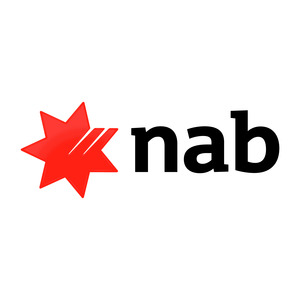NAB customers can freeze homeloan payments for up to six months
NAB has introduced new support measures for customers. Eligible NAB home loan customers can pause repayments for up to six months. Business customers experiencing financial difficulty can defer for up to six months on a range of floating and variable rate business loans.
NAB has also announced reductions of up to 60bps to fixed rate home loans and a new term deposit rate of 1.75% p.a. We will reduce variable rates on small business loans by 100bps, effective March 30. There are no changes to home loan variable rates.
Home loan rates update
Fixed home loan rates
2.39% p.a. for 1-year
2.29% p.a. for 2- and 3-year
2.79% p.a. for 5-year
Valid for (owner-occupier P&I), effective March 25.
First home buyers will have access to a rate of 2.19% p.a., fixed for two years.
Summary of home loan fixed rate changes here
There are no changes to home loan variable rates


Businesses or people with mortgages?